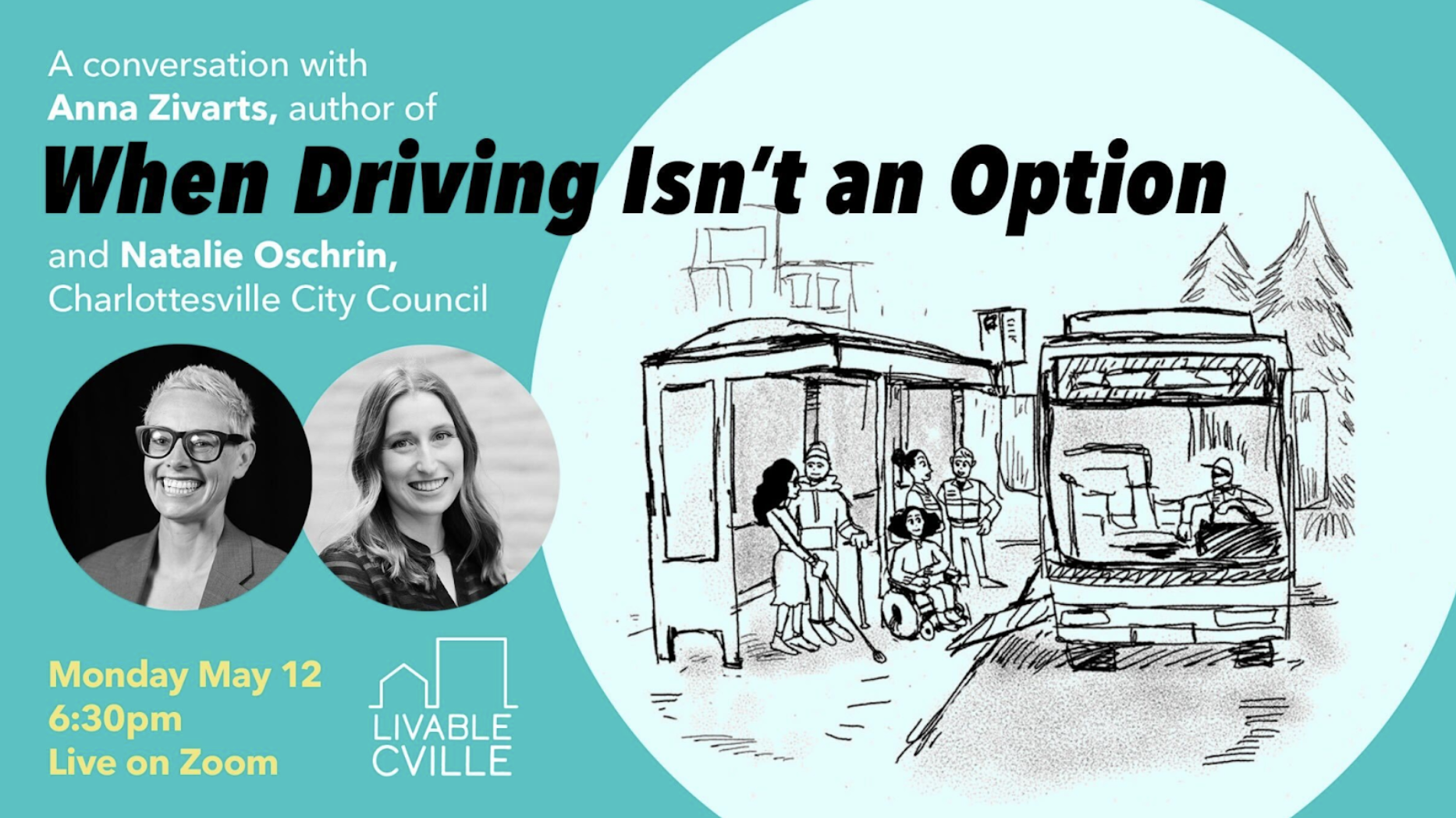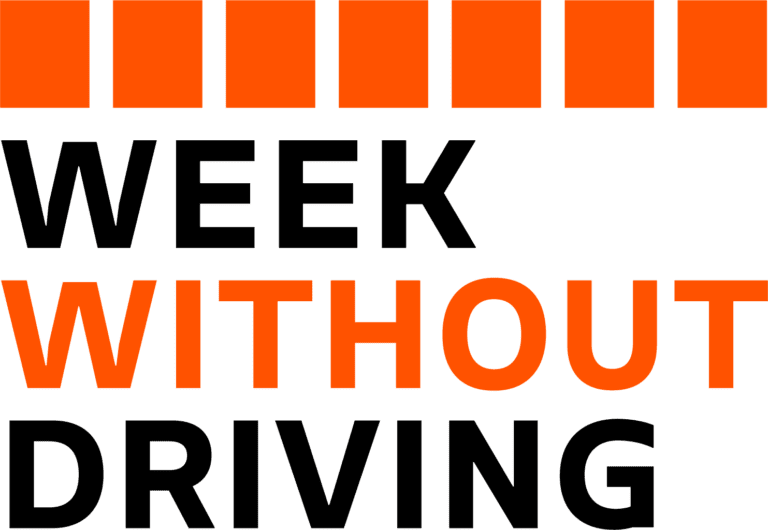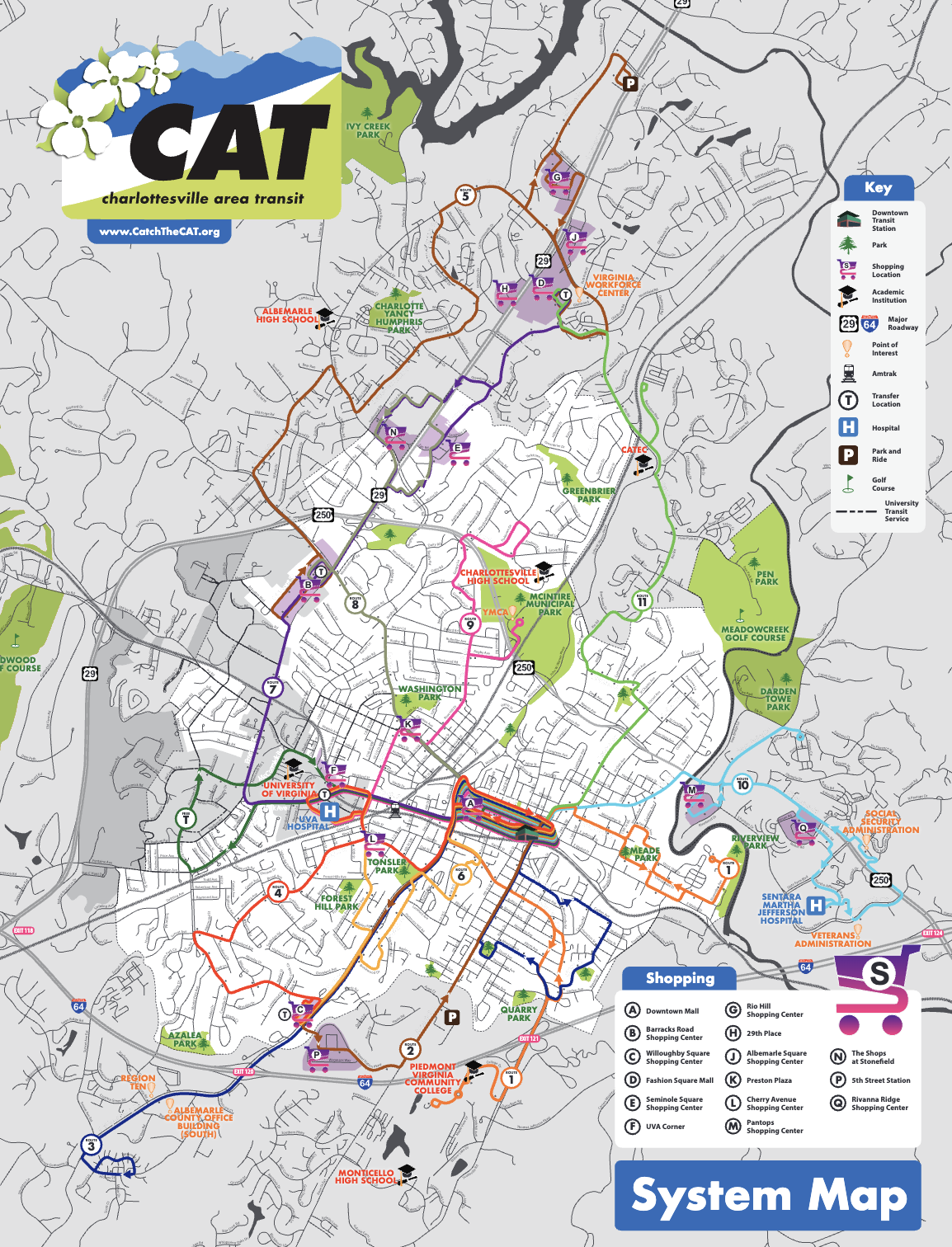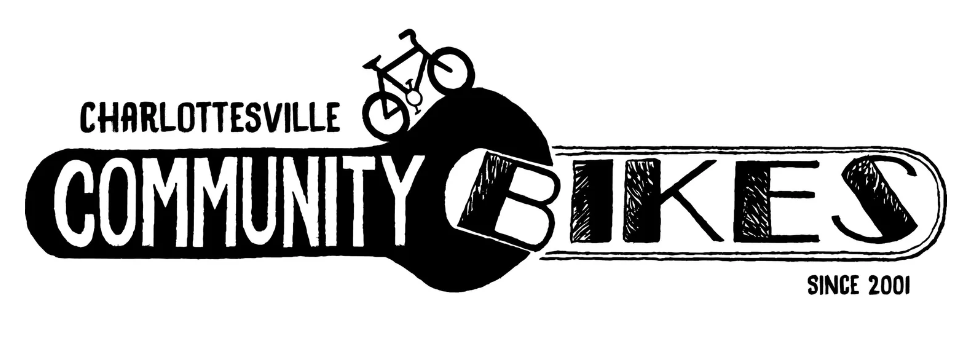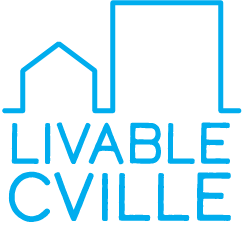Week Without Driving
Monday, September 29 – Sunday, October 5, 2025
What would you do if you could not or did not drive a car?
Join us in a Week Without Driving experience to learn more about the barriers and challenges that nondrivers face in our community, to reflect on the challenges you would face as a full-time non-driver, and to consider how you can advocate for a regional transportation system that supports both drivers and non-drivers.
Here’s how the national organization describes #WeekWithoutDriving from a the perspective of a long-term non-driver:
If you can drive or afford a car, you may not understand what it’s like to rely on walking, rolling, transit, and asking for rides. But for nearly a third of people living in the United States – people with disabilities, young people, seniors and people who can’t afford cars or gas – this is our every day. We created the Week Without Driving experience so that those who have the option to drive can learn firsthand about the barriers and challenges that nondrivers face and work with nondrivers to create more accessible communities for all.
Please see below for resources to help you plan ahead to minimize, or eliminate altogether, driving a car for the full week.
One Week of Alternative Transportation
Sign up to participate. Then from Sept. 29 to Oct 5, 2025, find alternative modes of transportation (walk, bike, roll, ride transit, rideshare, etc.) anything but driving yourself in a car.
Here is key information from the Week Without Driving website:
“You can get around however you want, but the challenge is not to drive yourself in any car.”
“You can ask someone else to drive you, but make a note of how much you “owe” this person in their time, and if you felt obligated to support them in other ways (ie, doing all the dishes).”
“You can ride hail or taxis if they exist where you need to go, but again, think about how the cost could impact your decision to take this trip if this was regularly your only option.”
“This isn’t a disability simulation or a test of how easily you can find alternatives. It’s about education and reflection of the challenges others face on a daily basis.”
“Having to drive during the challenge does not signify failure. Sometimes the best reflection comes when someone participating in the challenge has to drive.”
There are many people who do not drive, including people with disabilities, youth, seniors, and those who can’t afford vehicles or gas. A third of people living in the United States do not have a driver’s license, but are forced to navigate a mobility system designed almost exclusively for drivers.
We hope your participation in the Week Without Driving experience will help you better appreciate the challenges and barriers they face. It is also an opportunity to reflect on how car-centric our society is and the many benefits—including for health, climate impacts, and equity—that a robust set of alternatives would provide us all.
To learn more about life when driving is not an option, watch this webinar with Anna Zivarts, who started the Week Without Driving experience.
The CVILLE Area Has Many Transportation Options
How can you get around our area without a car? Here are some commonly used options in the Cville region:
Charlottesville Area Transit (CAT) provides fare-free fixed-route bus service through Charlottesville and surrounding portions of Albemarle County. Visit: CatchTheCat.org
For students, employees, and visitors to University of Virginia, University Transit Services (UTS) is a fare free option for trips near and around grounds. And, if you are a UVa employee, the Wahoo Commute program may be for you.
UVA Health runs free shuttle bus service between UVA Health clinics, selected parking areas, and guest lodging.
For trips wholly within areas of Albemarle County along the US-29 Corridor north of Charlottesville and the Pantop area, MicroCAT is an on-demand public rideshare service.
For commuters to Charlottesville from Crozet, 29 North, Buckingham, and Lovingston, the Jaunt Connect transport commuters from park and ride lots to locations at UVA and downtown Charlottesville in the morning, returning in the evening. Visit https://ridejaunt.org/connect/ for more details.
For commuters to Charlottesville from further west, the Afton Express provides public commuter bus transportation between Staunton, Waynesboro, Fishersville, Charlottesville, and the Fifth Street Station in Albemarle County.
RideShare offers free carpool matching, vanpool coordination, and access to the Ride Home Rewards program to provide free rides home in an emergency.
For short trips, if you are able to, consider walking, scooting, biking, or eBiking.
Veo provides an online app to rent dockless scooters and bikes for short trips.
If you are looking for a low-cost used bike, contact Community Bikes Charlottesville.
If you want to see if an eBike is right for you, contact the Charlottesville E-bike Lending Library to borrow one.
Blue Ridge Cyclery offers daily and weekly rentals of eBikes and Road bikes
In addition to national platforms like Uber and Lyft, there are a number of local taxi companies.
Ask a friend, co-worker, family member, or neighbor for a ride.
If none of those options work, sometimes the only remaining alternative is a change of plans.
Are you ready to take the challenge!
Document your week: How difficult is it for you to reach your normal destinations without driving yourself?
The Charlottesville Area Has Resources for Longer-Term Needs, Too
If you, or someone you know, has a longer-term need for transportation or other services focused on disabled and low-income area residents, please see the Transportation section of the local “Street Sheet” (click through for versions in multiple languages other than English, too).
Join our Local Sponsors
If your organization would like to help get the word out about Week Without Driving and wants to be formally recognized, contact us at livablecville@gmail.com and we will add your logo below.


